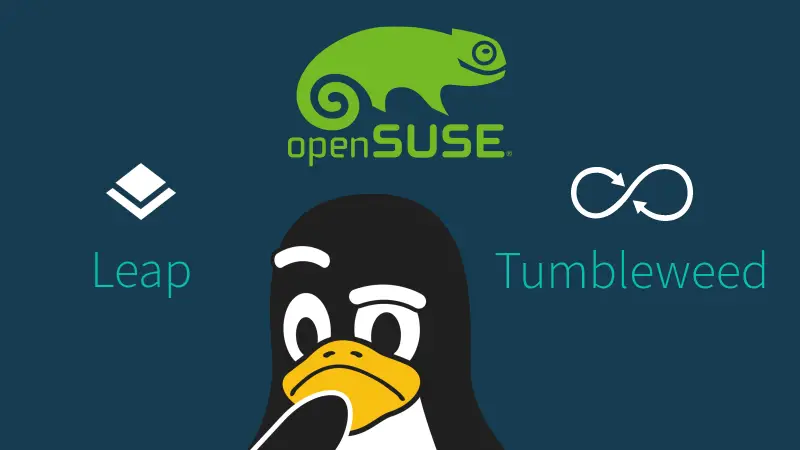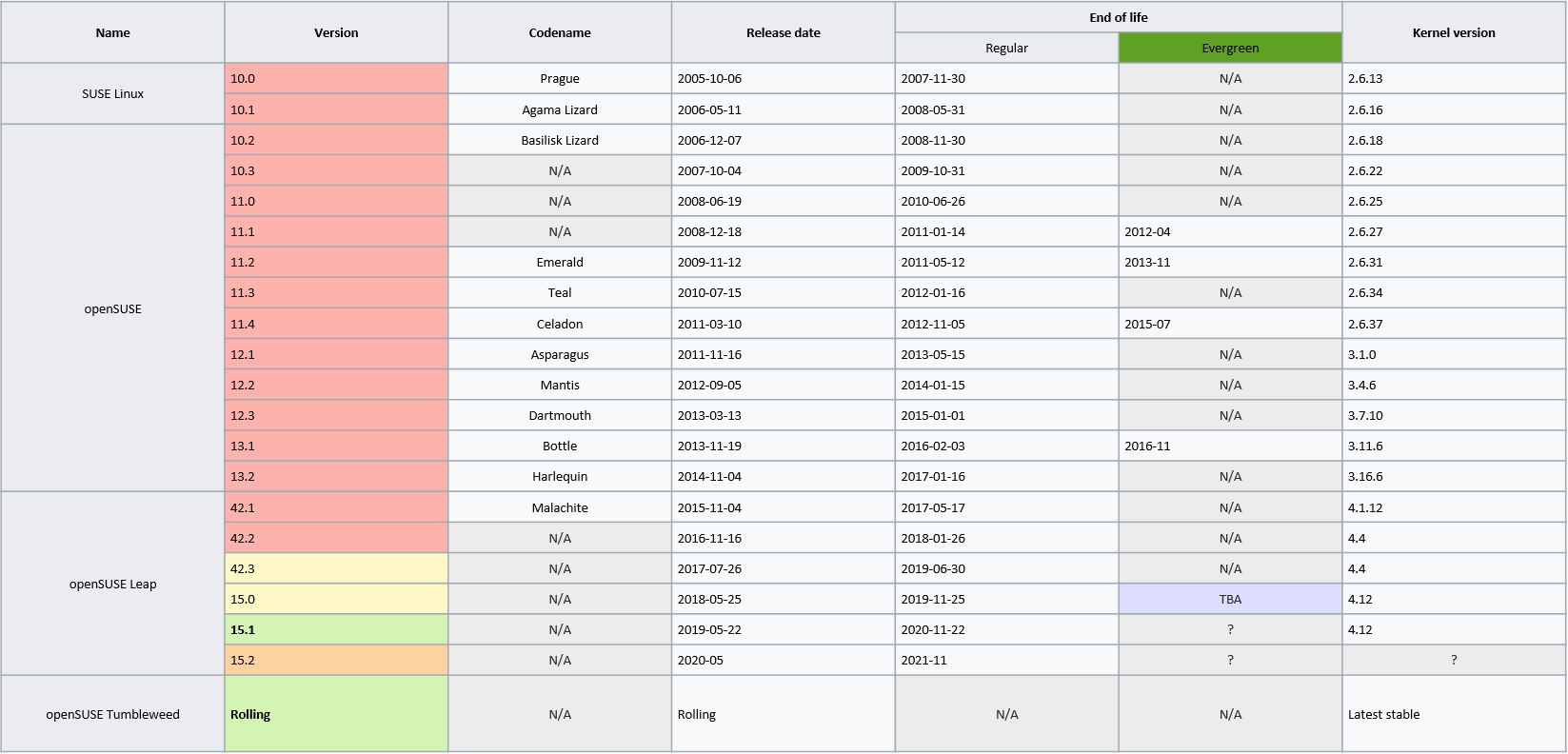OpenSUSE Leap vs. Tumbleweed: Stability or Rolling?

Executive Summary

OpenSUSE is a popular Linux distribution that offers two distinct release models: Leap and Tumbleweed. Leap is a stable, long-term support (LTS) release that receives regular updates for security and bug fixes. Tumbleweed, on the other hand, is a rolling release that continuously receives updates, including new features and improvements.

When choosing between Leap and Tumbleweed, users must prioritize their needs for stability and the latest software. Leap is an excellent choice for users who value stability and reliability, while Tumbleweed is ideal for those who want the most recent features and are willing to accept the potential for occasional instability.
Introduction
OpenSUSE is a community-developed Linux distribution known for its stability, security, and ease of use. OpenSUSE Leap is a major LTS version of OpenSUSE, focusing on long-term stability and reliability. OpenSUSE Tumbleweed is a rolling release version of OpenSUSE, providing users with the latest updates as soon as they become available.
Stability vs. Rolling Release
The primary difference between Leap and Tumbleweed lies in their approach to software updates. Leap is a stable release that receives periodic updates primarily for security and bug fixes. Tumbleweed, on the other hand, is a rolling release that continuously receives updates, including both security fixes and new features and improvements.
Advantages of Leap Stability:
- Reliable and Mature: Leap is widely regarded as a stable and reliable operating system, making it a suitable choice for mission-critical systems.
- Extensive Testing: Leap releases undergo rigorous testing before their release, ensuring stability and minimizing the risk of disruptive bugs.
- Long-Term Support: Leap follows an LTS model, with each release receiving security and bug fixes for several years. This ensures a predictable and stable computing environment.
- Comprehensive Support: Leap receives extensive support from the OpenSUSE community and ecosystem, providing users with ample resources and assistance.
Advantages of Tumbleweed Rolling Release:
- Latest Features and Software: Tumbleweed provides users with the latest software updates and features as soon as they become available.
- Enhanced Security: With regular updates, Tumbleweed can quickly patch security vulnerabilities, reducing the risks associated with outdated software.
- Customization and Flexibility: Tumbleweed allows users to customize their operating system by selecting specific repositories and packages to install.
- Active Development: Tumbleweed is an actively developed distribution, providing users access to the latest innovations and enhancements from the OpenSUSE community.
Use Cases and Target Users
Leap is best suited for users who prioritize stability and reliability. It is an ideal choice for servers, desktops, and laptops that require a stable and secure environment. Tumbleweed, on the other hand, is geared towards users who want the latest software updates and features. It is suitable for developers, system administrators, and enthusiasts seeking the most up-to-date computing experience.
Pitfalls and Caveats
Leap’s stability comes at the cost of potentially lagging behind in terms of the latest software and hardware support. Tumbleweed’s rolling release nature introduces a potential for occasional instability due to frequent updates.
Conclusion
The choice between Leap and Tumbleweed depends on the user’s needs and preferences. Leap offers a stable and reliable computing experience, while Tumbleweed provides access to the latest software and features. Both distributions provide a solid foundation for a wide range of use cases, making OpenSUSE a versatile Linux distribution that caters to both stability and cutting-edge computing.
Keyword Phrase Tags
- OpenSUSE
- Leap
- Tumbleweed
- Stability
- Rolling Release

Great article! Thanks for the info.
I prefer Tumbleweed because it’s always up-to-date.
I’m not sure which one to choose.
Leap is better than Tumbleweed because it’s more stable.
Tumbleweed is great if you like living on the edge.
Thanks for the advice. I’ll be sure to choose the one that’s right for me.
I’m going to choose the one that comes with a free unicorn.
I think I’ll try both Leap and Tumbleweed and see which one I like better.
I can’t decide which one to choose. They both have their pros and cons.